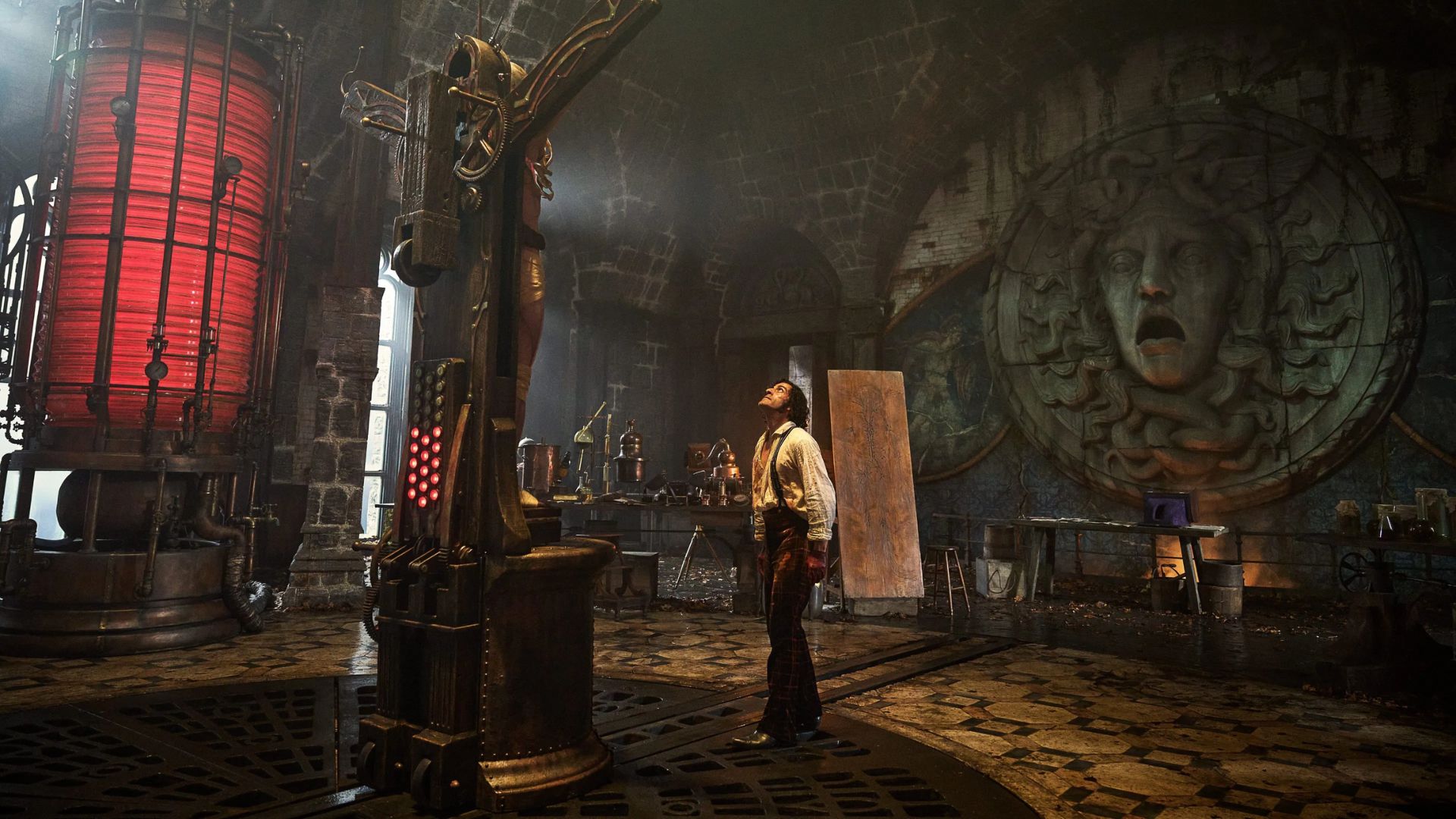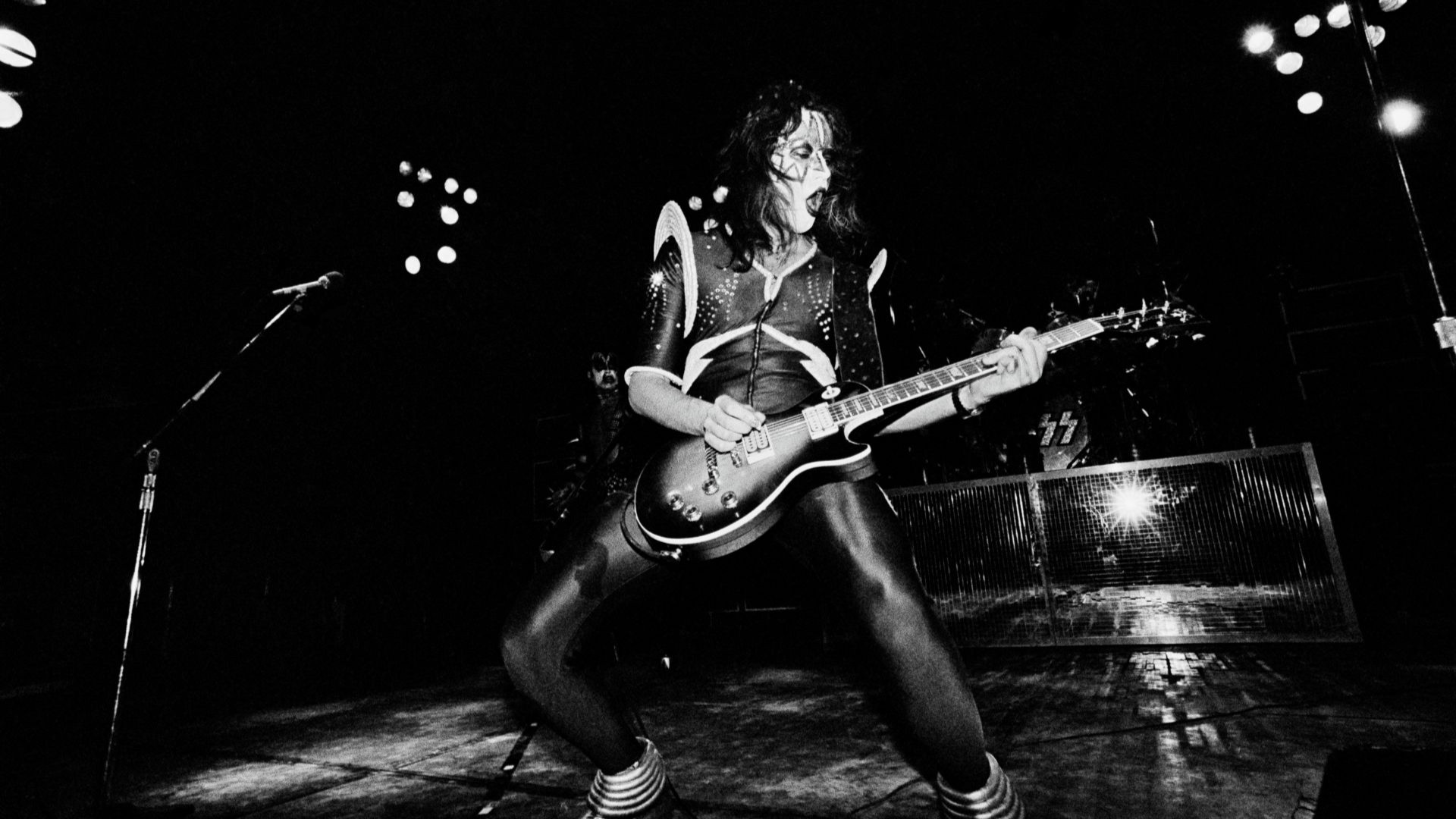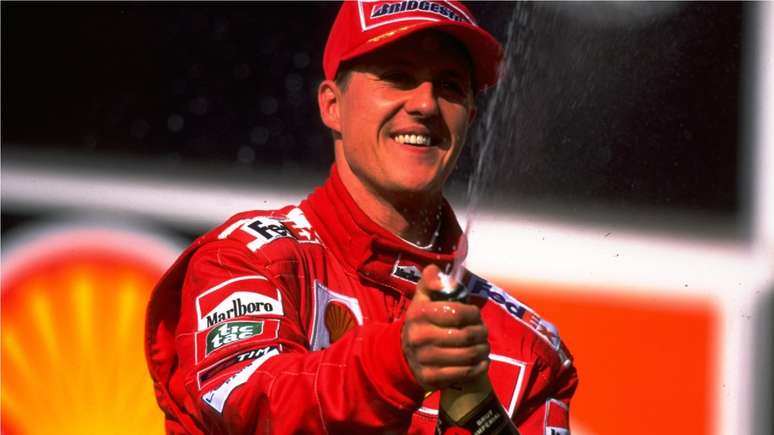Filmmaker revisits the classic with a romantic and gothic look, transforming the monster into a symbol of humanity and devotion
Guillermo del Toro (Pan’s Labyrinth) has always been attracted to monsters — not just the fantastic creatures that inhabit his films, but also the monsters we carry inside us. In works like The Devil’s Backbone (2001) and Nightmare Alley (2021), he sees the horror in men and adopts a bitter, almost disenchanted tone in the face of human cruelty. When he turns his gaze to the other side — to rejected, deformed, misunderstood beings — as in The Shape of Water (2017), Pinocchio (2022) and now in this new Frankensteinthe filmmaker lets himself be guided by tenderness. This is when his films become love letters to the creatures, reminding us that, deep down, true monsters are rarely who they appear to be.
In Frankensteinthe director’s new film that will soon hit theaters and, subsequently, the catalog of Netflixis on the program 49th São Paulo International Film Festivaland presents Victor Frankenstein (Oscar Isaac, Moon Knight), a brilliant but self-centered scientist who brings a creature to life in an experiment that ultimately leads to the ruin of both the creator and his own creation.
In this new adaptation of the classic Mary Shelley, del Toro gives the story an unmistakable gothic romanticism, a visual and emotional delight that reflects the affection and fascination that the director has for the creature. It’s not just a film on monsters, but done put someone who loves them deeply. And this devotion manifests itself above all in the mesmerizing performance of Jacob Elordi (Euphoria), which gives life — and a moving humanity — to the creature. His interpretation is restrained and painful, made up of broken gestures and distressed looks, and he deserved better luck in the awards season.
Del Toro transforms the classic into a fable about the divine. The symbolism is clear: “playing God” is a constant theme, reinforced by biblical references, as in the sequence of the creature’s reading of the story of Adam and Eve, and also by its cross-shaped pose when it is electrocuted by lightning and subsequently comes to life. The monster of Elordi it’s like a Jesus Christ — a being created in the image of its creator, rejected by the world, condemned for being different. There is an echo of redemption and suffering, of love and anger. The eternal conflict between father and son unfolds in layers: first between Victor Frankenstein and his own father (Charles Dance, Dracula: The Untold Story), and then enter Victor and the creature—a tragic reflection of the same twisted love that created him.
Visually, Frankenstein This is what is expected from the Mexican filmmaker. THE Netflix gave to del Toro the freedom and resources he deserved, and the result is a spectacle that recalls the opulence of The Scarlet Hill (2015). Each setting is grand, decadent, and beautiful, with its shadows and lights that seem to pulse with life and, at the same time, death — a mirror of both the Victor as much as his own obsession del Toro in giving form to the unnameable. Violence, sometimes shocking, is never gratuitous. It becomes an expression of human evils and the wounds of creation. When the creature gives in to anger, it is not his monstrosity that overflows, but his humanity. It is the most human gesture possible: suffering, loving and, finally, destroying.
Many, including himself del Toro and part of the cast, such as Mia Goth (MaXXXine), even stated in interviews that Frankenstein It’s not a horror film. And it is possible to understand them, at least in part. The film is born from horror, but it is also a work of fantasy, science fiction and drama. Still, there’s no denying it: this is a horror film at its core, but a horror bathed in the melancholy of Gothic romanticism. Shelley to which del Toro gives life like few could do.
Del Toro here he creates his most human — and perhaps the most personal — work since The Shape of Water. It is the gesture of a man in love with everything that is imperfect, who finally finds in Frankenstein the opportunity to declare this love. Because, deep down, what is a director if not a creator obsessed with giving soul to the inanimate, transforming pain into beauty, shadow into poetry? Se Victor Frankenstein raised a monster, Guillermo del Toro raises a love: a film that pulses with the tenderness and melancholy of those who believe that even creatures deserve to be loved. Frankenstein it is his son and his confession: the purest and most moving declaration of love to a creature, among all those that have ever come to life through his works.
READ ALSO: ‘Frankenstein’, ‘No Other Choice’, ‘Bugonia’ and more international highlights at the 49th São Paulo Film Festival
![]()
-
49th Exhibition
-
49th São Paulo International Film Festival
-
criticism
-
Frankenstein
-
Guillermo del Toro
-
Jacob Elordi
-
Mia Goth
-
São Paulo Exhibition 2025
-
sp show
-
São Paulo International Film Festival
-
netflix
-
Oscar Isaac
Source: Rollingstone
Earl Johnson is a music writer at Gossipify, known for his in-depth analysis and unique perspective on the industry. A graduate of USC with a degree in Music, he brings years of experience and passion to his writing. He covers the latest releases and trends, always on the lookout for the next big thing in music.








